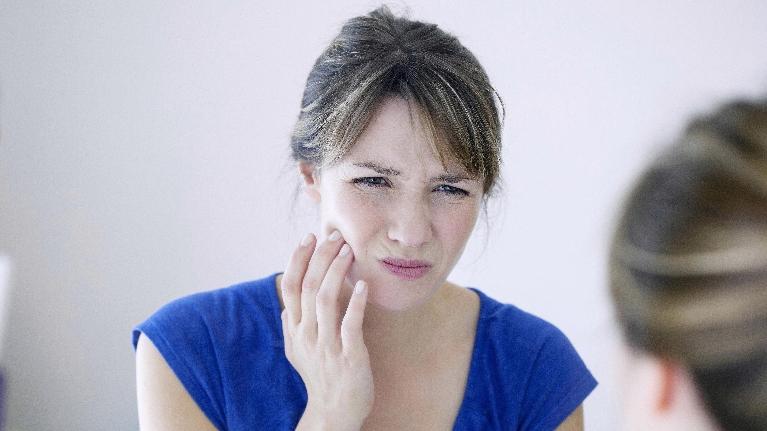
 Do you ever wake up with a headache in the morning? This is actually a common problem we hear from our patients. While many reasons exist for headaches, one of the most common ones might be damage you are doing yourself while you sleep.
Do you ever wake up with a headache in the morning? This is actually a common problem we hear from our patients. While many reasons exist for headaches, one of the most common ones might be damage you are doing yourself while you sleep.
Depending on your unique physiology and your lifestyle, nightly clenching and grinding could be the culprit behind your morning headaches. While you sleep, you might not even be aware of clenching or grinding. Some common symptoms of grinding, also known as bruxism, include:
- Bite marks on the insides of your cheeks
- Headaches
- Neck aches
- Tooth sensitivity
- Shoulder pain
- Sore facial muscles
- Fatigue
- Abnormal wear on your teeth
- Jaw pain
What Can I Do about Bruxism?
When you schedule an exam with Scott Jordan DDS, he can look for the common signs of teeth grinding and let you know if you are a candidate for a custom nightguard.
Our nightguards are made just for you and provide a barrier between your upper and lower arches. Because the acrylic we use to make nightguards is softer than your teeth, it can protect your enamel and tooth structure from cracking and causing you pain.
Nightguards also have the added benefit of gently guiding your jaw into a more ideal position. This can alleviate tension on your jaw and the surrounding muscles. Your jaws are the strongest muscles in your body and exert enormous force, making treatment essential if you suffer from bruxism.
What Happens if I Don’t Get a Nightguard?
Failure to treat bruxism can cause a number of problems including issues with your jaw joints, known as TMJ or TMD, as well as cracking and compromising the structure of your teeth. A nightguard is a good investment for patients with a history of grinding and can protect your smile for many years to come.
